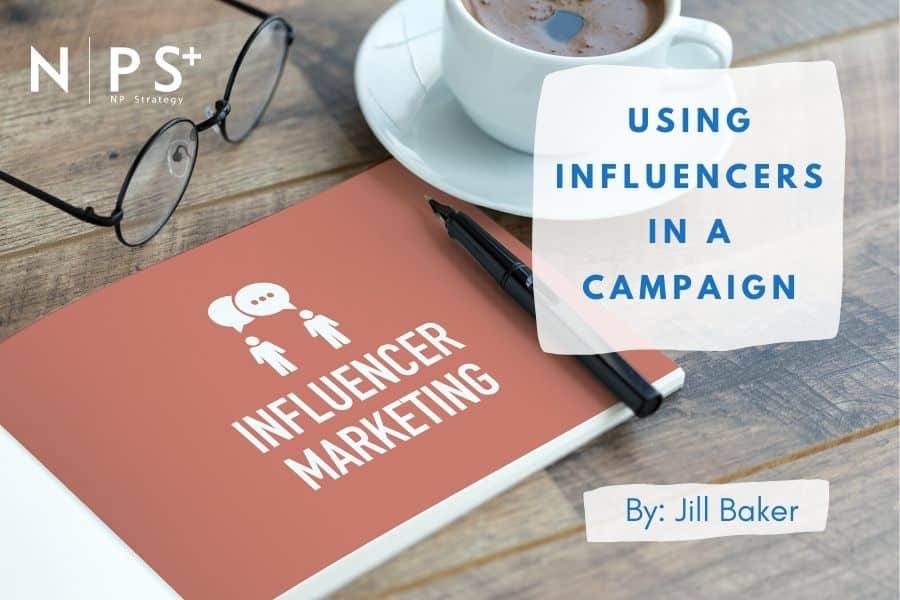
Using influencers has become a growing marketing strategy. An influencer is someone who has the ability to “influence” or sway the public to make a decision. Brands use influencers to promote their products or services to the influencer’s followers. These influencers are specialists in their niche markets. The influencer marketing industry is set to grow to approximately $9.7B in 2020, an increase from $6.6B in 2019.
You should think of these influencers as walking billboards for your brand and can provide outreach to their online audiences. A typical influencer has a significant following on various social media accounts and can provide a third-party validation to your business, product or effort. While most influencers are paid for the work that they do, there are ways to benefit from this type of notoriety by connecting with individuals who have an interest in your organization.
Types of Influencers
Bloggers and Vloggers: Bloggers and vloggers publish content on a regular basis. Most bloggers and vloggers have a loyal fan base on various platforms.
Social Media Influencers: Social Media influencers use their social platforms to connect with their followers.
Micro-influencers & Nano-influencers: These influencers have a significantly smaller following, but high engagement with their audiences. Micro and Nano influencers are seen as more authentic because they appear to be more devoted to the brand.
Activists: Activists are typically driven by a political or social cause. Brands should be cautious to ensure their vision and mission align with the influencer.
Celebrities: Mainstream celebrities are often used in campaigns because of their large and loyal following. Actors, athletes, and musicians often collaborate with large brands as ambassadors.
- Influencers has a High Return on Investment (ROI): A study from 2016 showed that Influencer Marketing has an ROI that is 11 times higher than other digital marketing strategies.
- Influencer Marketing is Based on Trust: 87% of users say that authenticity is one of the most important aspects of marketing.
- Influencer Marketing has a Stronger Reach than Traditional Ads: Traditional advertisements such as banner ads, commercials and other forms of ads don’t have the reach or impact like they used to. Influencer marketing targets audiences with similar interests.
When Collaborating with an Influencer
- Be Authentic
- Comply with FTC Guidelines
- Review your marketing strategy to align with your goals
